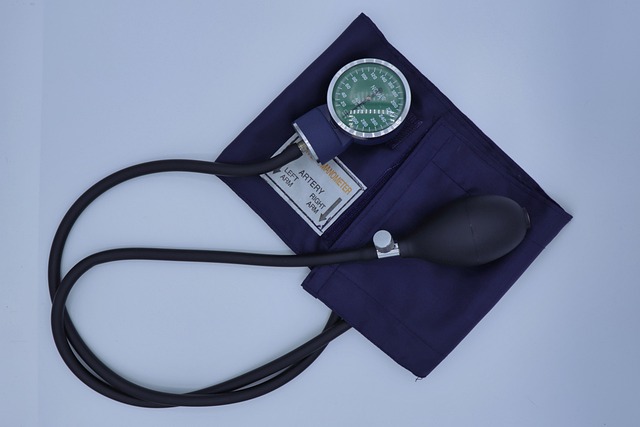The first time you have a panic attack, it is not abnormal to think you are having a heart attack . However, they are more common than you think! According to the National Library of Medicine, 77.1% of people who have their first panic attack end up in the emergency room due to chest pain after or during a panic attack.
But how do you know the difference between a panic attack and a heart attack, and how can you overcome it? Read on to learn about the ways a panic attack can affect your body and what you can try to do about it.
First, it is not uncommon to go to the emergency room. Cardiac emergencies are common these days, especially if this is the first time you've had a panic attack. Most nurses and doctors see that many people suffer from the same symptoms as you every day.
The doctor will check your vitals and may do an EKG to make sure your heart is OK. If your vital organs return to normal, they will likely diagnose you with a panic attack or depression and your doctor will give you some advice for dealing with it, and perhaps some medication. Hydroxyzine is an antihistamine similar to Benadryl that has become a popular treatment for panic attacks because it has a calming effect. You will likely be discharged from the hospital shortly after.
Having a first panic attack can often lead to fear of having another, which can actually be a trigger for another. You feel as if you have lost control of your body, and this dread can turn into a myriad of other conditions such as health anxiety. Panic attacks can be caused by stress, environmental factors, or even hormones.
In fact, many women experience their first panic attack during perimenopause which often begins as early as their late 30s. The only way to get to the bottom of the cause of your panic attacks is to talk to a specialist about it. This may mean seeing a doctor and getting blood tests or having your thyroid levels checked.
How to deal with a panic attack once you know it's not a medical emergency
For some, panic attacks can become a regular occurrence in your life. Like an annoying neighbor you can't get rid of, it can be a debilitating invisible illness that some of us must learn to live with. Fortunately, there are some things you can do to reduce its impact on your life and hopefully give you some relief.
1. Try the 3-3-3 trick Often our panic attacks are not based on the current situation, but on made-up situations in our minds. Things that may never come true but escalate so much that we can't think of anything else. If you can quiet your mind enough to distract yourself for a moment, look around to identify three objects in the room. Then select three sounds you can hear. Finally, focus on three body parts and move each part slowly. This can free your body from panic mode and bring your mind back to the present.
2. Take an ice-cold bath: Taking an ice-cold bath may help calm the autonomic nervous system, which regulates the body's response to stress. This can induce a state of relaxation and reduce the anxiety that is causing your panic attack. You can also hold an ice cube in your hand if you cannot take a shower at that moment.
3. Deep breathing exercises If you become aware of how you feel in the moments before a panic attack, deep breathing may help deter it. Inhale slowly for a count of five, then gently exhale for a count of five. Close your eyes while doing this and focus only on your breathing.
4. Medications For some people, their background or anxiety level may need a little extra help to get them out of an attack. There are many medications available to treat this condition, many of which can only be taken on an “as needed” basis.

Comments
Post a Comment